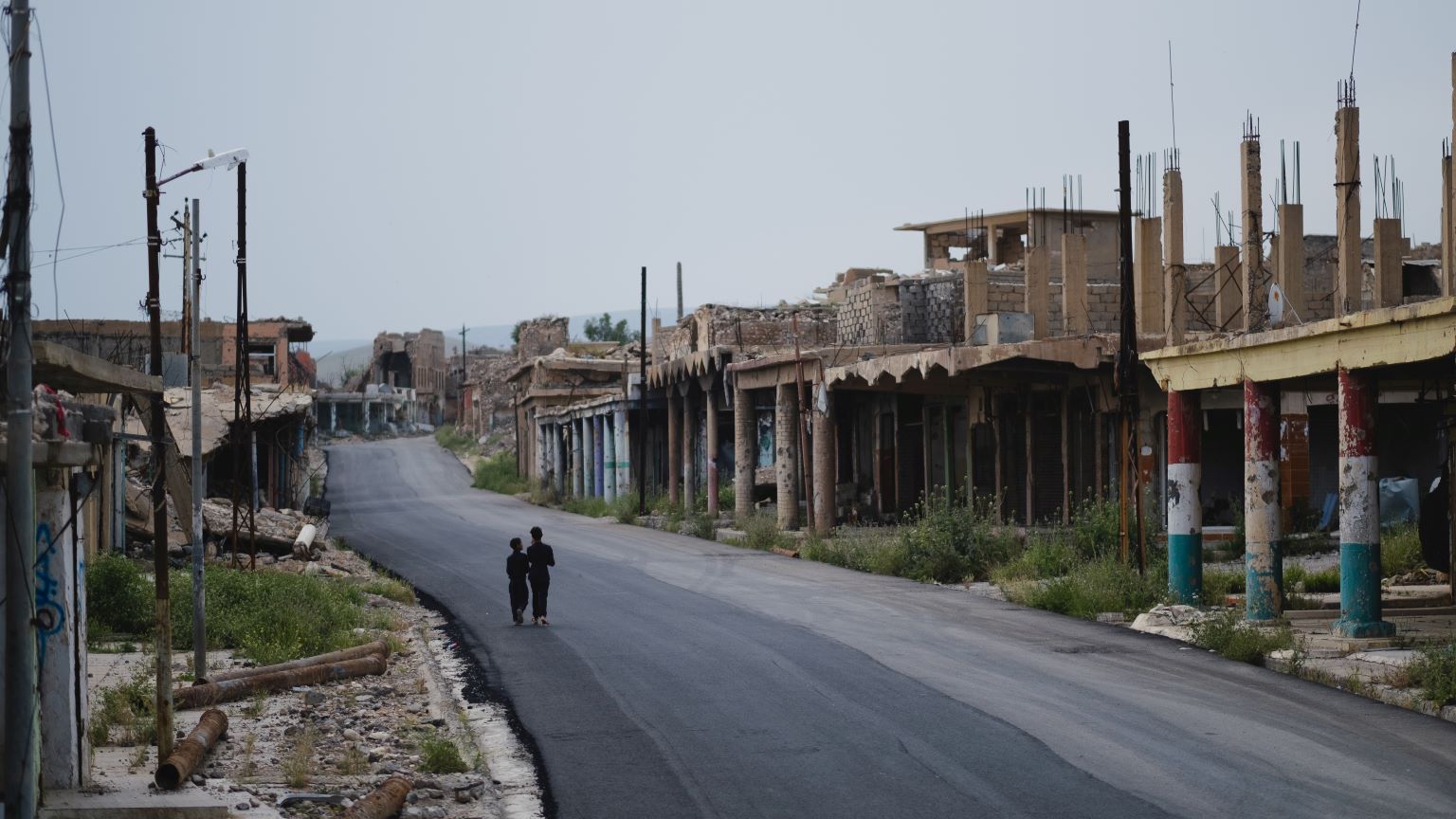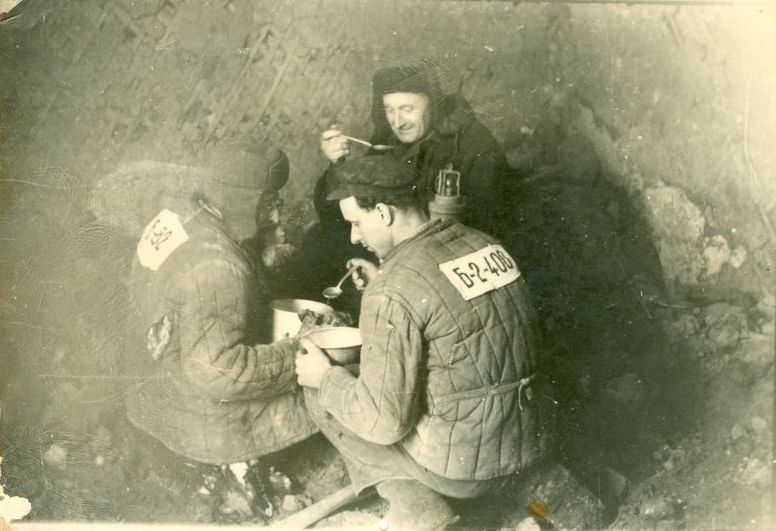Essential Summer Reading, National Security

I am taking a couple of weeks off. But while I’m away, I thought I’d share with you some of the what I consider to be this year’s essential readings on politics. Today, I want to look at the national security and civil liberties.
The best place to start is probably “Collateral Murder,” the controversial video showing the killing of a dozen people—including two people who worked for Reuters—by the U.S. military in a suburb of Baghdad. After Reuters tried without success to get the military to release the classified video under the Freedom of Information Act, an army intelligence analyst named Bradley Manning—who has since been charged with disclosing secrets and put in prison—leaked the video to Wikileaks, which published it with commentary. While there is some debate about whether the killings were in fact murders, the disturbing video is worth looking at, if only to better understand what’s going on in Iraq.
Also worth a look is “The Guantanamo ‘Suicides’: A Camp Delta Sergeant Blows the Whistle” (Harper’s Magazine, January 18). In this piece, Scott Horton uncovers evidence of a military cover-up in the suspicious deaths of three prisoners at Guantanamo.
Finally, take a look at “He Was Tortured, But He Can’t Sue” (NYR Blog, June 15). In it, David Cole talks about the Supreme Court’s recent decision to refuse to hear the case of his client, Canadian citizen Maher Arar, who was detained in 2002 and sent to Syria, where he was held without charges and tortured for more than a year. Canada’s parliament issued an unanimous apology to Arar and awarded him $10 million (Canadian) for mistakenly listing him as the target of a terrorism investigation after a conclusive 1100-page blue-ribbon commission report cleared him of any wrongdoing. But U.S. courts have refused to consider Arar’s case, on the grounds that the rendition program is too sensitive to be discussed in court—even if it’s illegal.





